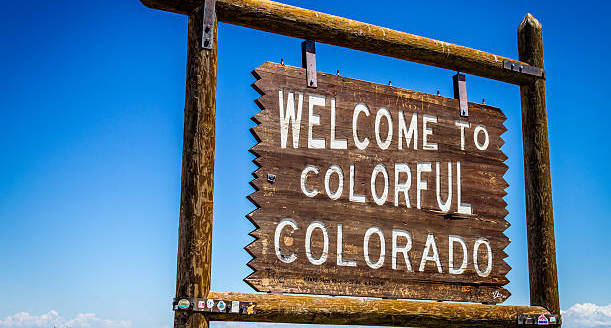






Colorado Sports Betting Bill IntroducedBill Would Allow 17 Licenses For Retail Sportsbooks And 17 More For Online Sportsbooks |
|
|
 A bill with bipartisan support that would legalize sports betting was introduced to the Colorado legislature at the end of last week.
A bill with bipartisan support that would legalize sports betting was introduced to the Colorado legislature at the end of last week.
The bill is sponsored by Republican Rep. Patrick Neville and Sen. John Cooke, as well as Democrat Rep. Alec Garnett and Sen. Kerry Donovan. It would allow 17 in-person sportsbooks at casinos in Black Hawk, Central City, and Cripple Creek.
It would also allow for online sports betting and would give out 17 additional licenses for online betting.
Sports betting operators would be taxed at 10 percent of their revenue and the tax revenue would be used to operate the Colorado Water Plan, a conservation project that currently lacks funding.
The lone horse track in the state, Arapahoe Park Racetrack, will not be allowed to offer sports betting. Neither will any of the off-track betting parlors in the state.
The owner of the racetrack, Twin River Worldwide Holdings Inc., pushed for betting at these locations, arguing that it would help Colorado maximize tax revenue. The operators own the two casinos in Rhode Island that are currently offering sports betting and have purchased three casinos in Black Hawk earlier this year.
Colorado has 33 commercial casinos and is one of two states in the country to legislatively place limits on maximum wagers. In 2017, the state had a gross gaming revenue of $828.1 million and a gaming tax revenue of $121 million.
The numbers from 2017 was a record for the state and a 2.1 percent increase from 2016. The prospect of sports betting should help the state’s casinos overcome its history of slow growth in gaming revenue.
The bill will not force sportsbooks to use official league data, which eliminates any possibility of an integrity fee paid to the leagues.
There are only a few weeks left to pass the bill. The current legislative session adjourns on May 3. If passed, Colorado would become the tenth state to legalize sports betting and the first to do so in 2019.
